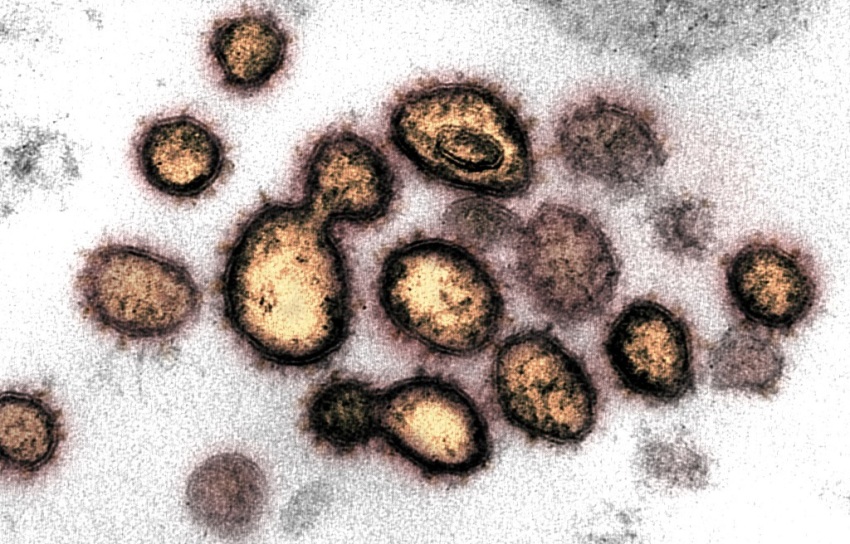UK, Africa COVID-19 variants may be more deadly, officials warn

Even as 195 cases of a variant of the coronavirus, which first emerged in Britain and is more lethal and contagious, have been found in 22 U.S. states, a separate variant from South Africa, though not identified in the United States yet, is causing more concerns among health officials, according to reports.
As of early Sunday, at least 72 cases of the U.K. variant had been detected in California; 50 in Florida; 22 in New York; six each in Colorado and Georgia; five in Minnesota; four each in Connecticut, Indiana and Maryland; three each in Michigan and Texas; two each in Massachusetts, New Jersey, New Mexico, Pennsylvania and Tennessee; and one each in Illinois, Louisiana, Oregon, Utah, Wisconsin and Wyoming, a CDC map shows.
The actual number is likely to be higher, as the Washington Department of Health also announced Saturday that the U.K. variant, known as B.1.1.7, had been confirmed by DNA sequencing in two cases in Snohomish County, according to The Epoch Times, which added that the Oregon Health Authority has also confirmed two cases.
Some preliminary studies in the U.K. show the new variant may be between 30% to 40% deadlier than previous variants, The Wall Street Journal has reported.
“We have been informed today that, in addition to spreading more quickly, it also now appears that there is some evidence that the new variant—the variant that was first identified in London and the southeast—may be associated with a higher degree of mortality,” British Prime Minister Boris Johnson said in a televised news conference Friday.
The U.S. National Institutes of Health Director Francis Collins said Saturday they are closely watching the U.K. variant. Federal authorities have warned it may become the dominant variant in the United States by as early as March, according to WSJ.
“At the moment we are not alarmed about that,” Collins said, according to Reuters. “We are somewhat more concerned about a South African variant.”
A study by BioNTech SE and Pfizer Inc. showed that their vaccine successfully neutralized the U.K. variant. On Monday, Moderna said its vaccine appears to work against the South African strain but may be less effective. It is currently working on a booster shot against the African variant.
"As we seek to defeat the COVID-19 virus, which has created a worldwide pandemic, we believe it is imperative to be proactive as the virus evolves. We are encouraged by these new data, which reinforce our confidence that the Moderna COVID-19 Vaccine should be protective against these newly detected variants,” Stephane Bancel, CEO of Moderna, said in a statement.
The South African variant has been found in 22 other countries, including Canada, China and Germany.
Data that is more conclusive on how vaccines perform against the new strains is awaited as human trials of COVID-19 vaccines are underway in South Africa and the U.K.
The United States has been hit the hardest by COVID-19, with nearly 25 million cases and 417,441 deaths by early Sunday, according to Johns Hopkins University Coronavirus Resource Center.
Bancel, whose company's vaccine is one of two approved for use by the Food and Drug Administration, said recently he believes the virus could be around “forever.”
“We are going to live with this virus, we think, forever,” he said during a panel discussion at the annual JPMorgan Healthcare Conference.



























